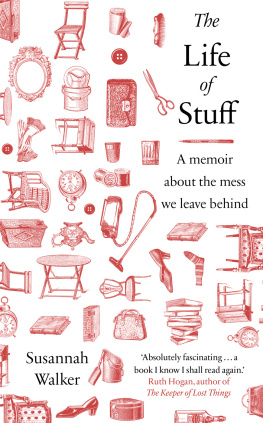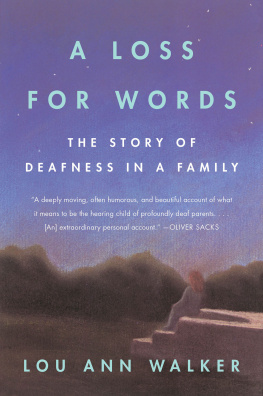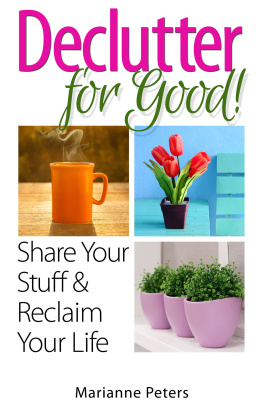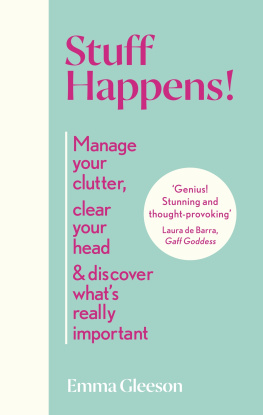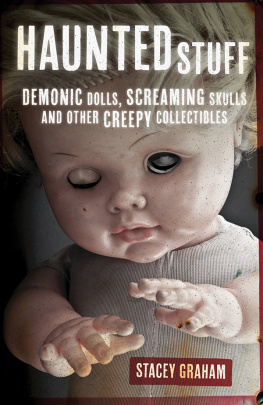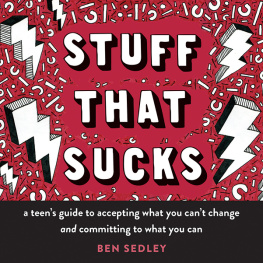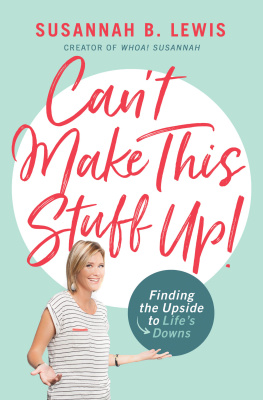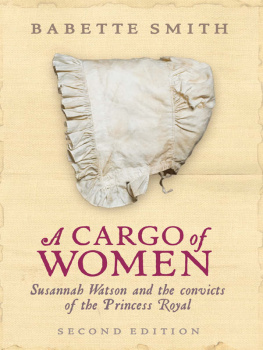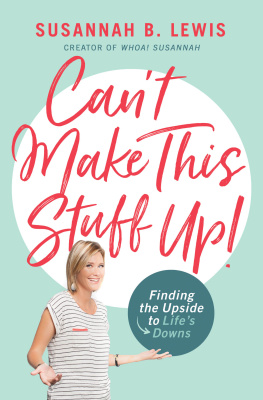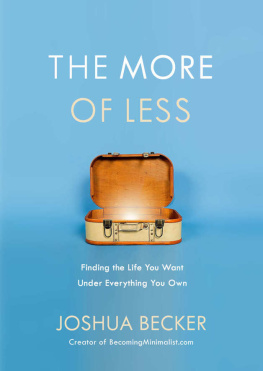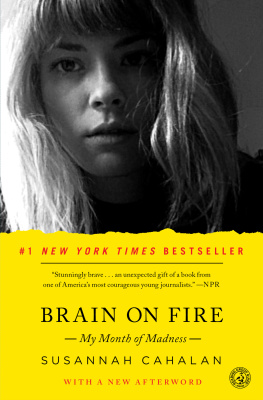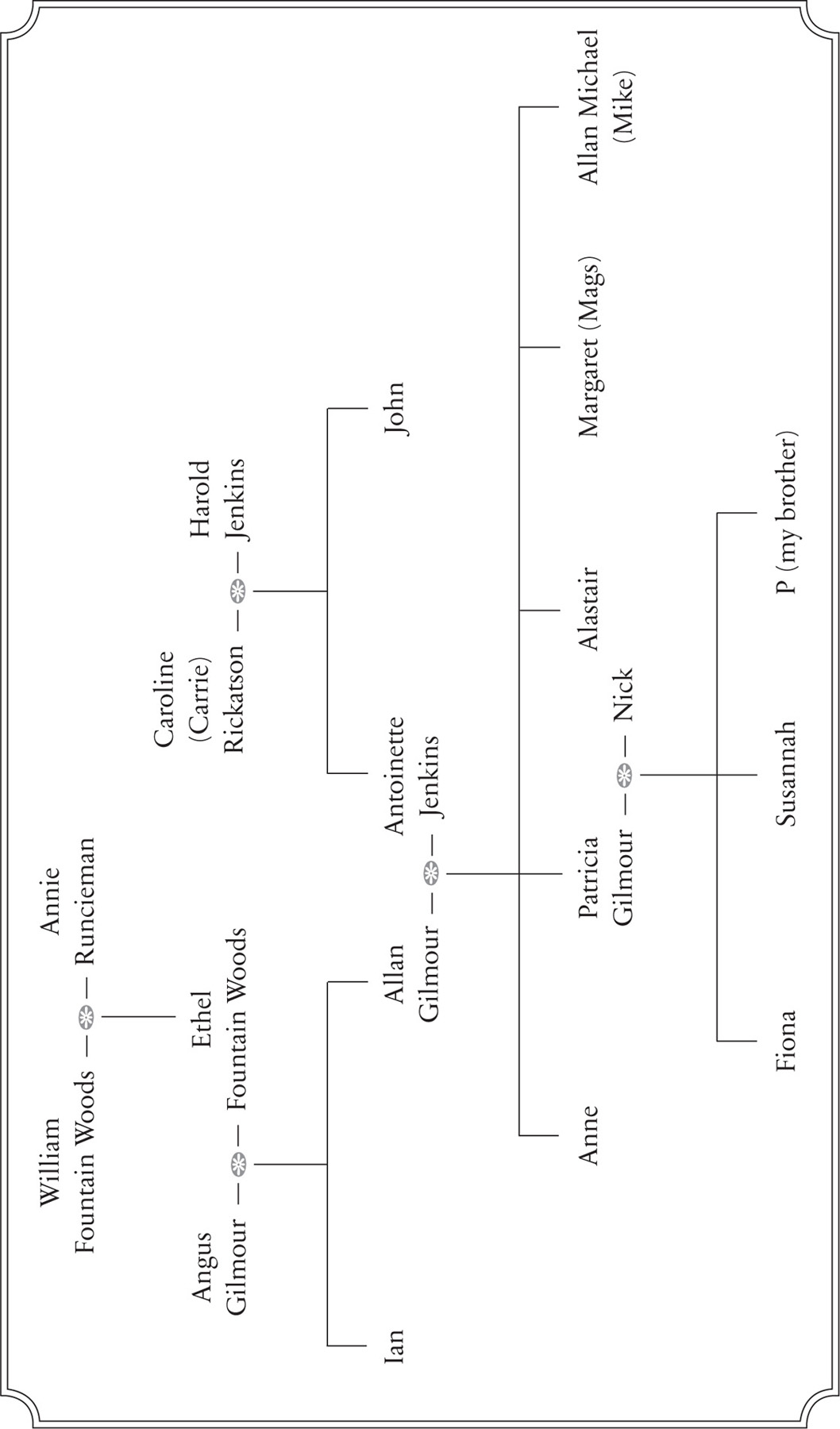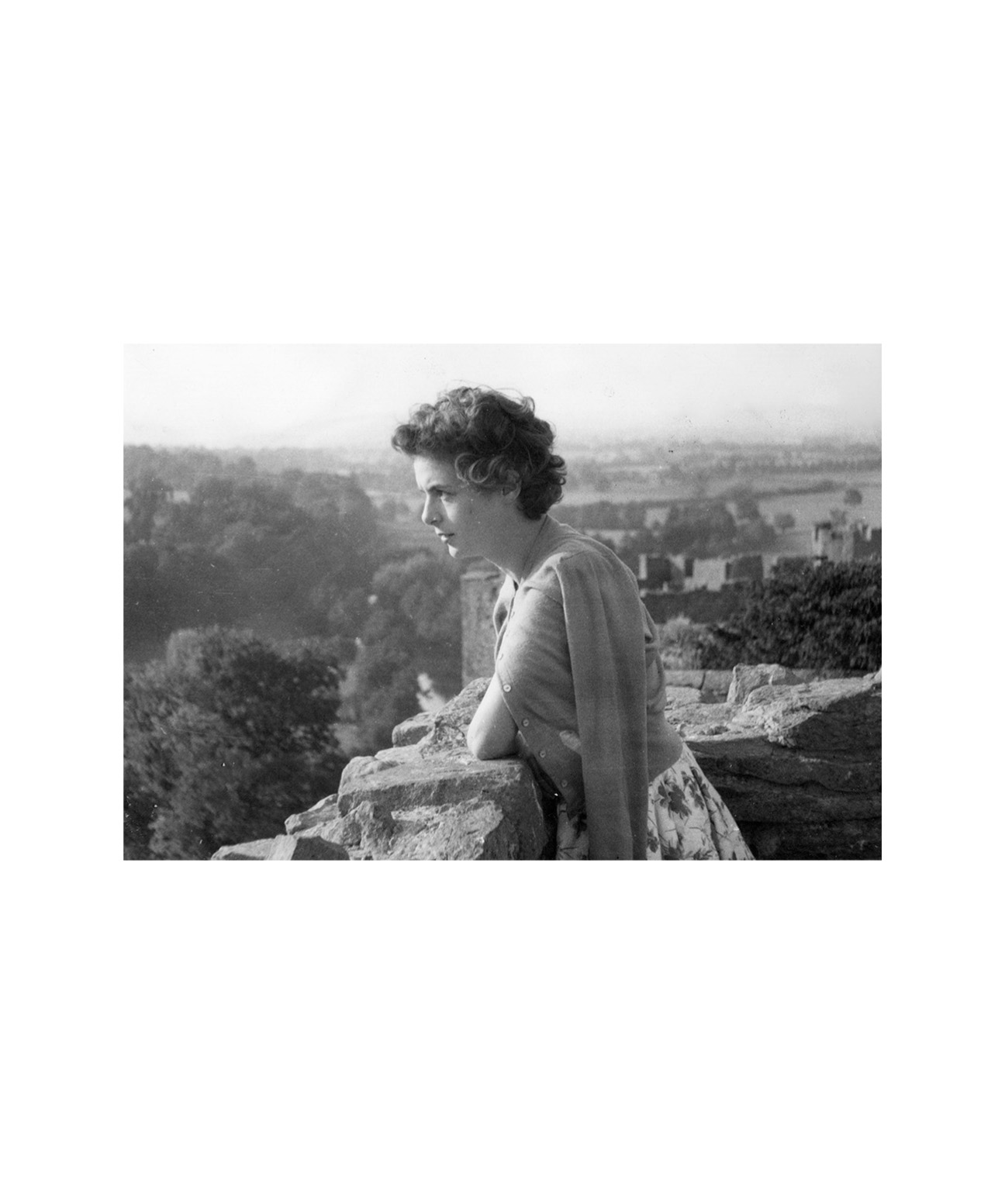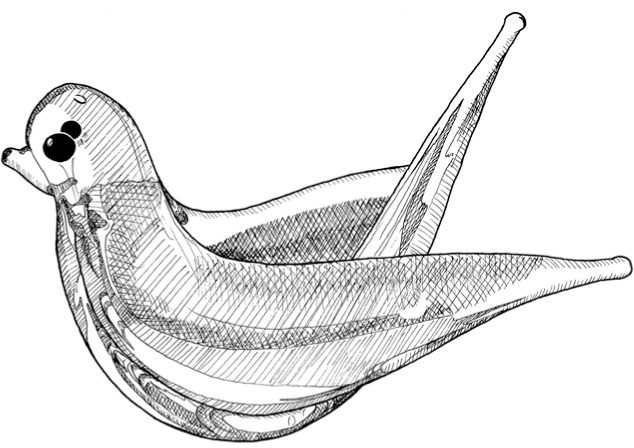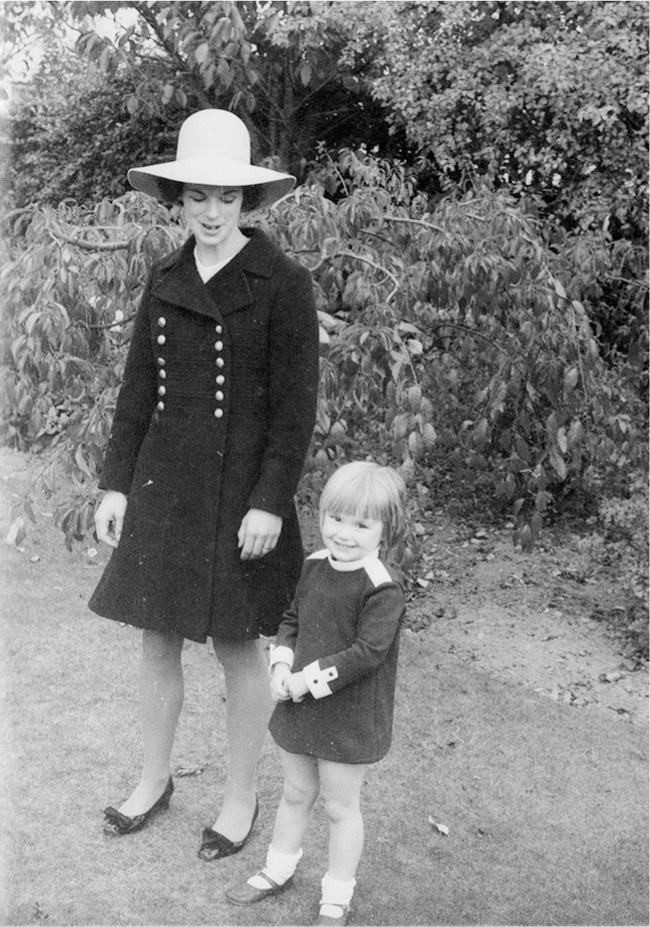TRANSWORLD PUBLISHERS
6163 Uxbridge Road, London W5 5SA
www.penguin.co.uk
Transworld is part of the Penguin Random House group of companies whose addresses can be found at global.penguinrandomhouse.com
First published in Great Britain in 2018 by Doubleday
an imprint of Transworld Publishers
Copyright Susannah Walker 2018
Cover design by R. Shailer/TW
Susannah Walker has asserted her right under the Copyright, Designs and Patents Act 1988 to be identified as the author of this work.
All photographs courtesy the author except for , which is reproduced courtesy of Historic Scotland. Line illustrations Viv Mullett, the Flying Fish Studios
Every effort has been made to obtain the necessary permissions with reference to copyright material, both illustrative and quoted. We apologize for any omissions in this respect and will be pleased to make the appropriate acknowledgements in any future edition.
A CIP catalogue record for this book is available from the British Library.
Version 1.0 Epub ISBN 9781473552784
ISBN 9780857525406
This ebook is copyright material and must not be copied, reproduced, transferred, distributed, leased, licensed or publicly performed or used in any way except as specifically permitted in writing by the publishers, as allowed under the terms and conditions under which it was purchased or as strictly permitted by applicable copyright law. Any unauthorized distribution or use of this text may be a direct infringement of the authors and publishers rights and those responsible may be liable in law accordingly.
1 3 5 7 9 10 8 6 4 2
For Tim
BY THE TIMEmy mother died, her unhappiness had taken on solid form in the state of her home. The once-pristine Georgian cottage, as neat and regular as a dolls house, was now swamped in papers and rubbish. Pipes had burst and the roof had leaked, but the holes where the water had poured through were never fixed. Rot and mould were spreading across carpets and walls; spiders webs draped down from the ceiling; the furniture had been ruined by damp and mice. Regardless of what she had or had not done for us when she was alive, it still fell to me and my brother to sort the mess out.
I took this on as the necessary duty of a daughter, but at the same time raged at her selfishness. Above all, I felt devastated that the intelligent and acute woman that Id known, and sometimes loved, could have tolerated living in such wretched misery. As I cleared her house, the questions kept rising. How had this happened? Why couldnt I have helped her? One thought haunted me above all others. Who had my mother really been? I had no idea, in part because of her depression but also because she was my mother and so I was always standing too close to see. I was never going to turn her into an ideal mother, that I knew for sure. But nor did I want to tear her apart for failing me. I wanted to find out what kind of person she had been, and what parts of herself she had passed on in turn, but I was afraid that I had left this far too late.
Slowly, as I sifted through the heaps of rubbish and treasures, I began to realize that she might have left me the answer after all. I could find my mother at last in the things she had left behind.
prologue: red glass bird
O RNAMENTAL BIRD, FORMED FROM OPAQUE RED GLASS WITH AN OUTER CLEAR LAYER SURROUNDING
Murano, early 1960s (?)
Hand-blown glass
Provenance unknown
THE RED GLASS bird sits on the bookshelves behind me, where it lives as a reminder of my mother. For many years it sat on the side table in her sitting room, and now she is dead it has passed to me. Its not a sentimental heirloom, as I dont know how she came to own it in the first place. A decorative paperweight, the kind that was produced in tens of thousands during the fifties and sixties when she was setting up home with my father, it might have been a Christmas present or a souvenir from someones Italian trip. It might even have been a gift from my father himself.
Pieces like this turn up at car-boot sales and in kitschy antique shops all the time; its nothing special. The ruby-red core is enclosed in a thick layer of clear glass, which has been stretched out in points to form the birds wingtips and tail, each as sharp as the day it was made. Its heavy too, and when I hold it in my hand I cant help thinking that it would make an excellent weapon if I ever find myself cornered. The elongated wings remind me of a swallow, except being a paperweight isnt much of a job for such a flighty species. Perhaps its just a bird in general: an ornament, nothing more.
I have no other associations or memories that go with the bird. All I can tell you is that it used to belong to my mother, and now its mine. But thats why I like it so much. Most of the things my mother left behind were far more complicated.
For most of my life Ive been worried about what I might inherit from my mother. A complex and unhappy woman, shed had a childhood of losses and sadness. She married hoping for a new start but her first child, a daughter, died at a day old. After my birth, two years later, she had deep postnatal depression, then again when my brother was born, followed by several years during which I refused to sleep and my brother was repeatedly and seriously ill. My parents split up and my mother had a breakdown, although I dont know what order this happened in, which cause and which effect. The unhappiness was the same regardless. I was eight years old and never lived with my mother again.
Instead, I was looked after by my father and his second, Belgian, wife, a reconstituted household which included not only my brother but also a new stepbrother. My father had decided that this was all for the best, and under this new regime any mention of unhappiness or the past was taboo. I was left to draw my own conclusions about what I had seen.
My mother and me in 1969.
This wasnt too difficult to do, because my mother and I were mostly apart. For a few years after the divorce, my brother and I did see her every second weekend and in the holidays, but this was disrupted when she moved across the country to East Anglia for a while, and then even more when I was eleven and my father got a job in Denmark. Then we flew over to see her at Easter, in the summer holidays and at one half-term. By the time we returned three years later, the pattern had been set. I was a teenager, more interested in friends and parties than either of my parents, so I got the train to see her once or twice a term.
Instead, much of our relationship took place by letter. I still have a big bundle, but they dont tell me very much about what my mother thought and felt. They mostly date from my teenage years and shes busy at this time, teaching English to Vietnamese refugee women and helping out in local politics, while I am writing home about school productions and my mock exams.

